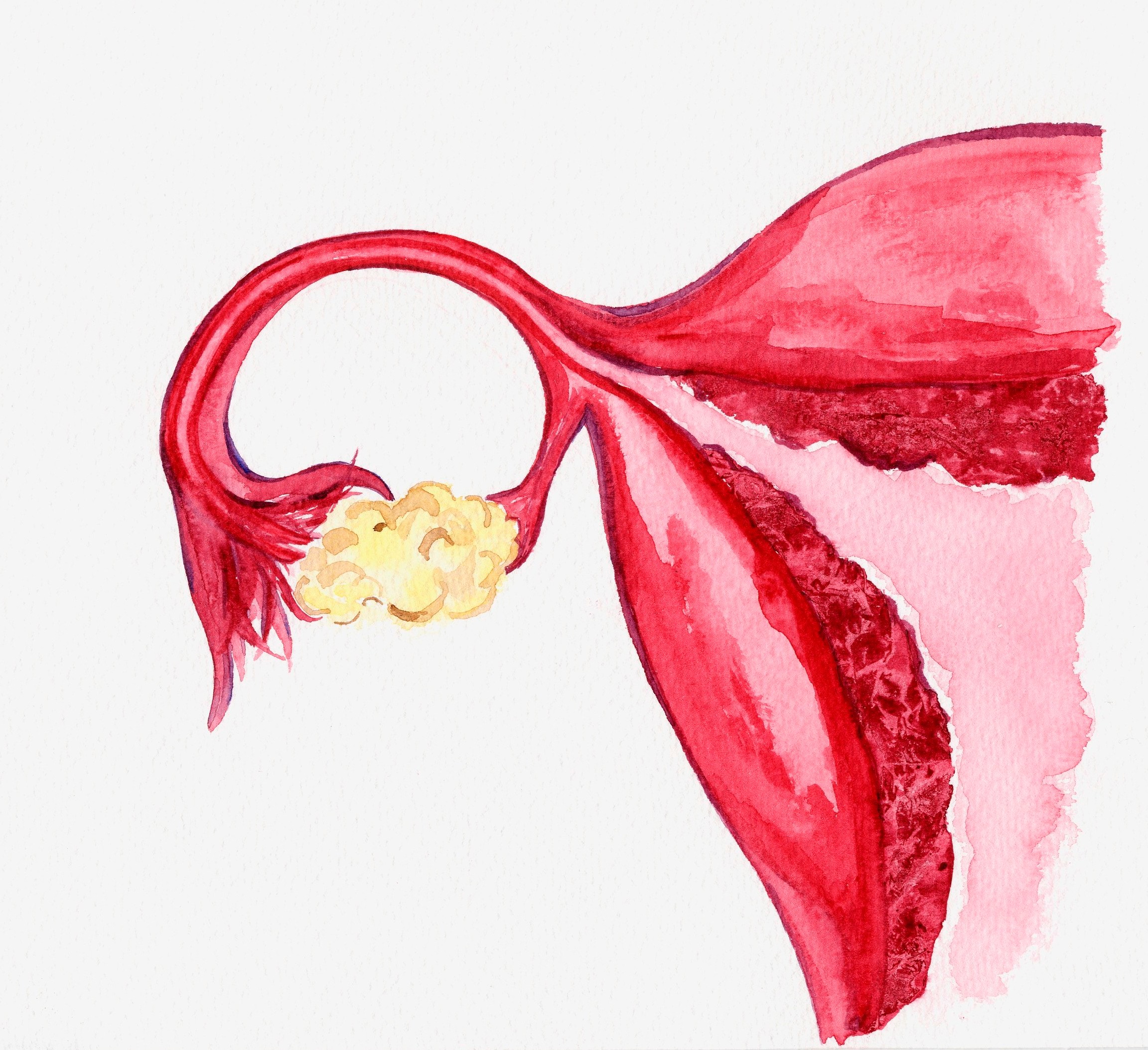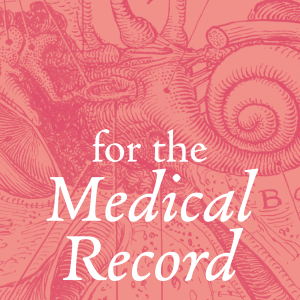**See the “Schedule for May 5th” (below) for links to the Webinar recordings**
The Opioid Industry Documents Archive (OIDA) invites you to Exploring the Opioid Industry Documents: Research Communities, Educational Opportunities, and Community Data. This event will feature a webinar where scholars will discuss how they successfully used OIDA and other Industry Documents Library (IDL) collections. We will also conduct a hands-on virtual workshop that will help researchers navigate and explore the OIDA’s under-researched and rich collections.
Millions of once-private industry documents have recently been made public as a result of the nationwide litigation related to the opioid crisis. Over the past year a joint effort between UCSF’s IDL and the Johns Hopkins University has made them all accessible online: a repository comprised of opioid manufacturers, pharmacies, wholesalers, and consulting firms – with more to come. In addition to revealing the central role these companies and pharmacies played in the opioid crisis, the documents also provide a rich set of sources for scholars in health policy, medical sociology, medical anthropology, business ethics, public health, law, legal history, history of medicine, history of public health, business history, and more.
Schedule for May 5th
Webinar
For the full webinar recording, click here. The recordings for the individual talks can be found below.
11:00 – 11:45 Webinar Plenary Talk:
“Voices and Stories in the Digital Archive: Reflections on the Making of Pushing Cool and Insights for Storytelling from the Opioid and Tobacco Archives”
Keith Wailoo, PhD – Henry Putnam University Professor of History and Public Affairs, Princeton University
A recording of Keith Wailoo’s talk can be found here
11:45 – 12:15 Introduction to the Industry Documents Library (IDL) and Opioid Industry
Documents Archive (OIDA)
Kate Tasker, IDL Managing Archivist, UCSF
A recording of Kate Tasker’s talk can be found here
12:15 – 12:45 Researchers’ Experience Using OIDA
Adam Koon, PhD; MPH – Assistant Scientist, Johns Hopkins Bloomberg School of Public Health
“The Opioid Industry Documents Archive: New Directions in Research”
A recording of Adam Koon’s talk can be found here
Gaurab Bhardwaj, PhD; MBA – Associate Professor of Strategy, Babson College
“Searching the Opioid Industry Documents Archive”
A recording of Gaurab Bhardwaj’s talk can be found here
12:45 – 1:00 Break
Workshop
1:00 – 2:00 Exploring the OIDA Collections: Search Strategies and Discussion (open to registered attendees only)

